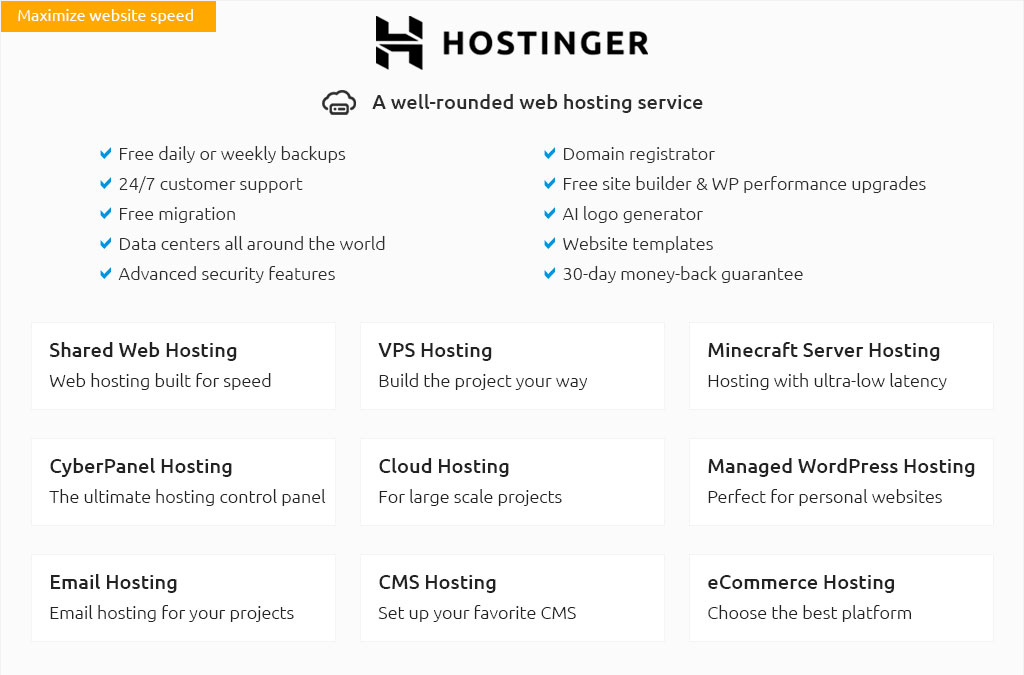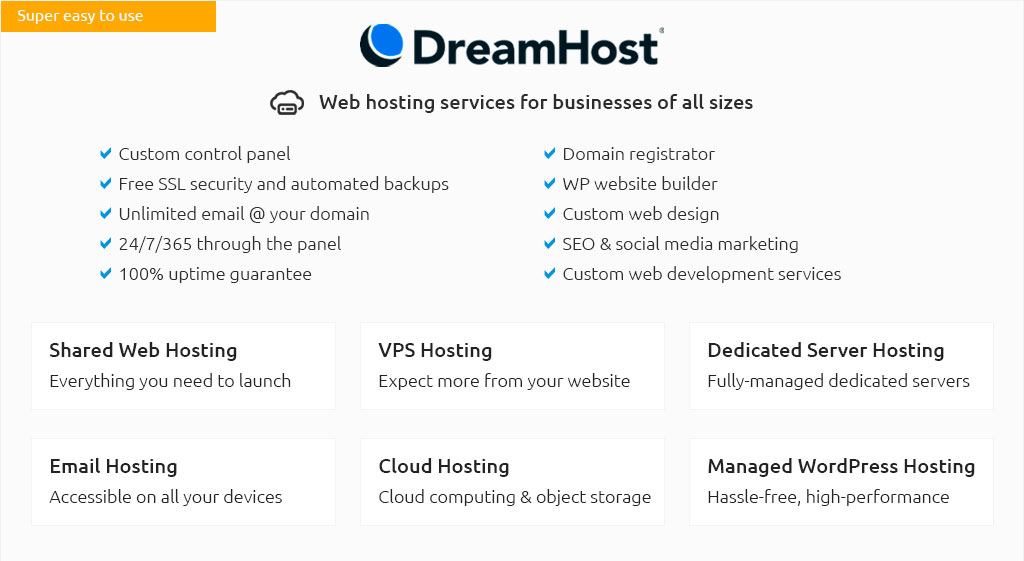 |
|||
 |
 |
 |
|
 |
|
 |
 |
 |
|||
 |
|||
 |
|||
 |
|||
 |
 |
The Quest for the Fastest Web Hosting: A Deep Dive into Performance and EfficiencyIn the modern digital age, where attention spans are shorter than ever, the speed of a website can determine its success or failure. Fast web hosting is not merely a luxury; it is a necessity that can significantly impact user experience and, by extension, the bottom line of businesses. But what makes web hosting fast, and how can one discern the best from the rest? First, it's essential to understand what contributes to web hosting speed. A variety of factors come into play, each as crucial as the next in determining how swiftly a website loads. Among these, server location, hardware quality, software configurations, and the use of content delivery networks (CDNs) stand out as pivotal elements.
When evaluating hosting services, the term “fastest web hosting” frequently emerges in marketing materials, but discerning the true leaders requires a nuanced approach. It is advisable to consider the real-world performance, user reviews, and independent benchmarks that provide a transparent view of how hosting services perform under various conditions. Providers like SiteGround and Bluehost often receive high marks for their speed, attributed to their robust infrastructure and continuous investment in technology. Meanwhile, niche players like A2 Hosting offer turbo servers, claiming speeds up to 20 times faster than standard hosting, a claim that underscores the diversity of options available. Moreover, it's not solely about speed; reliability and customer support are equally crucial. A fast host that frequently experiences downtime or offers poor support may not be the best choice. Thus, balancing speed with other factors such as uptime guarantees and support availability is vital. In conclusion, while the search for the fastest web hosting is a dynamic and ongoing process, it is clear that the technology landscape is ever-evolving, with new innovations constantly pushing the boundaries of what is possible. Staying informed and regularly reassessing your hosting needs against the backdrop of technological advancements ensures that your web presence remains competitive, efficient, and, most importantly, fast. https://diggitymarketing.com/fastest-web-hosting/
There are fast web hosting companies that can enhance your website's performance, speed, and reliability. https://monsterhost.com/
MonsterHost is your all-in-one website hosting provider. Everything your website needs. The four certainties which guarantee you have our best support. https://wpshout.com/fastest-wordpress-hosting/
Conclusion: Flywheel is the fastest managed host, GoDaddy is the fastest standard host. Managed WordPress hosts are not significantly faster ...
|